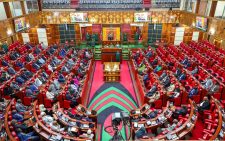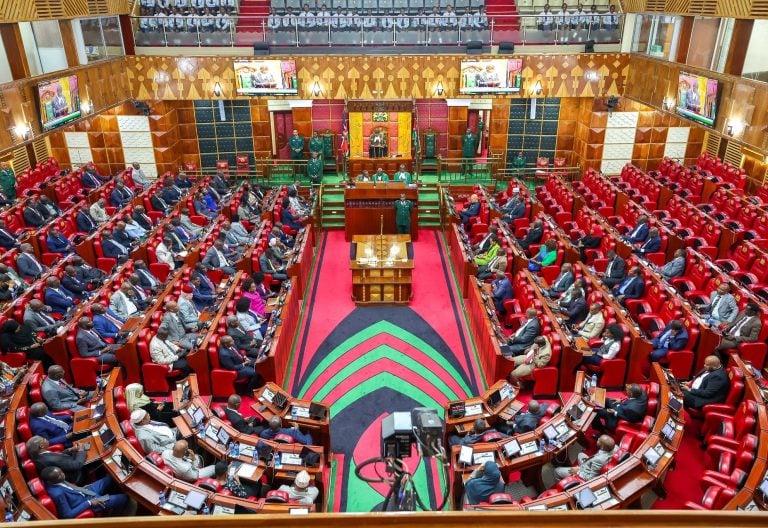Drastic action to mitigate climate change risks

Climate change is widespread, rapid and intensifying. These are the findings of this year’s Intergovernmental Panel on Climate Change (IPCC) report released earlier this year.
The report further highlights that we are already witnessing these changes, through incidences such as a rise in sea levels, longer hot seasons, shorter cold periods, changes in rainfall patterns, heat waves in some regions as well as melting of snow among others.
A point of concern is that some of these changes are irreversible over several years.
This dire situation is an urgent call to action for all stakeholders, to play a part in mitigating climate change.
There is, room for optimism. Hope lies in strong and sustained efforts to reduce carbon emissions and other greenhouse gasses, to mitigate climate change.
Generally, we must conserve the environment through mitigation and adaptation.
Bearing this in mind, environmental conservation and climate change mitigation is everyone’s responsibility, because our actions as global citizens have an impact on the environment, today and in future. We, therefore, need to conserve the environment in which we live, by mitigation and adaptation.
Climate change mitigation entails minimising its impact and dealing with the causes.
On the other hand, mitigation looks at reducing the negative effects, and taking advantage of opportunities that may come about as a result of climate change.
Specific actions may include reducing greenhouse emissions; which increase the Earth’s temperatures, use of renewable energy and sustainable use of resources such as energy, land, water and trees.
Kenya’s manufacturing sector continues to put in place mechanisms to embrace critical tenets of green growth and climate change mitigation.
We have witnessed an increasing number of manufacturers embedding circular economy and sustainability in their operations, for instance, through the use of solar energy.
This is a step in the right direction, especially now that the pandemic has revealed the importance of a sustainable and resilient manufacturing sector, and its value chains.
As an Association, we provide services, to support our members to achieve these goals.
One example is our Centre for Green Growth and Climate Change (CGGCC), which we established last year.
Some of the services offered by CGGCC, include process optimisation audits which entail in-depth analysis of industrial process flows, carbon footprint assessments geared towards setting manufacturers on a carbon-neutral pathway and circular economy audits- to help industries mainstream green growth and circular economy in their operations, through improved value chain efficiency and enhanced waste management.
Additionally, we continue to promote energy efficiency, through our Center for Energy Efficiency and Conservation.
Notably, environmental conservation through mitigation and adaptation is a change process and requires adjustment in all aspects of our lives – from homes, businesses and even economies.
Fortunately, it creates room for innovation, and consequently, job creation, since they help achieve economic development goals.
We laud government for the various initiatives to mitigate climate change, through development of policies and regulations such as the Energy Management Regulations to encourage energy efficiency, and the Extended Producer Responsibility Regulations, to promote sustainable waste management.
Initiatives such as the Ministry of Environment’s 2 Billion Tree Planting Campaign are also noble, and shall take us a step forward, in environmental conservation.
However, more needs to be done. We urge government, to strengthen local industries’ capacity to embrace green growth, in order to enhance their role in climate change mitigation and adaptation.
One of the ways of doing this, is the introduction of incentives, to encourage responsible production and consumption. —The writer is the CEO of Kenya Association of Manufacturers—ceo@kam.co.ke















